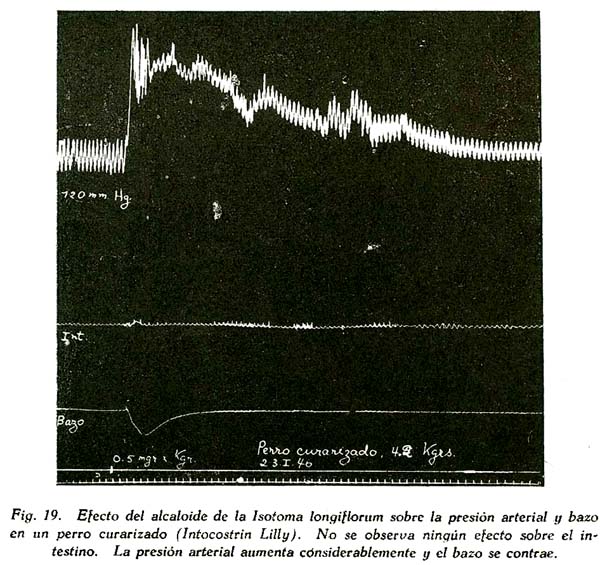The Changing Dynamics of Euthanasia Legislation Worldwide
페이지 정보
작성자 Clark 작성일25-07-24 22:01 조회35회 댓글0건관련링크
본문
The topic of euthanasia or assisted dying has been a subject of intense debate and discussion for many decades, with the first recorded instance of a physician giving a patient a lethal dose of herbs in ancient Greece around 600 BCE. However, euthanasia or mercy killing as a distinct medical practice has its roots in the work of Dutch doctor Henri Dunant, who founded the Medecins Sans Frontieres and advocated for medical assistance in ending the life of a patient suffering from a terminal illness.
In modern history, the euthanasia debate began to gain traction in the 19th century, with countries starting to consider and pass laws that allowed assisted dying. The first country to do so was the Netherlands in 1993, when a court decision granted a terminally ill patient a request to die. In 1993, nembutal kaufen deutschland the France adopted a euthanasia law allowing doctors to end the lives of patients with debilitating illnesses if the patient requested it after consulting with a doctor and another professional, such as a psychologist.
Switzerland, a country known for its permissive attitudes towards assisted dying, followed the Belgium's example and introduced its own euthanasia law in 1922. Under Swiss law, patients with debilitating illnesses could request euthanasia if they were living in extreme suffering. In recent years, Switzerland has taken steps to improve its euthanasia laws, allowing the families of patients to request euthanasia and permitting the use of lethal drugs in a more restricted capacity.
In other parts of the world, countries have taken different approaches to euthanasia legislation. In some nations, such as the United States, country-by-country laws govern the practice of assisted dying. In California, which became the first US state to legalize assisted dying in 1997, patients with terminal illnesses can request a lethal dose of medication from a doctor if they are terminally ill.
Canada is also a pioneer in the debate on euthanasia legislation. In 2018, it became the second country in the world to adopt a law on medically assisted dying, known as Bill C-14. Under this law, adults with a life-threatening illness or irremediable and unrelenting medical conditions who meet general criteria can request medical assistance in dying. The law also requires that two medical professionals assess the patient and provide their consent for the euthanasia.
Despite the progress made in the euthanasia debate in recent years, there are still countries where assisted dying is not only discouraged but also heavily penalized. Many Asian nations have strict laws prohibiting euthanasia, and in some cases, people found guilty of performing euthanasia may face the death penalty.
In these countries, cultural practices are often emphasized over medical care, with many people relying on traditional healing rather than medical interventions.
However, as countries around the world struggle with the complications of euthanasia legislation, a increasingly prominent trend is emerging towards strengthening assisted dying laws. The debate on euthanasia is likely to continue, with proponents arguing that patients have the legitimate claim to choose how and when they die, while opponents claim that such laws could lead to a decline towards euthanasia on demand.

댓글목록
등록된 댓글이 없습니다.










